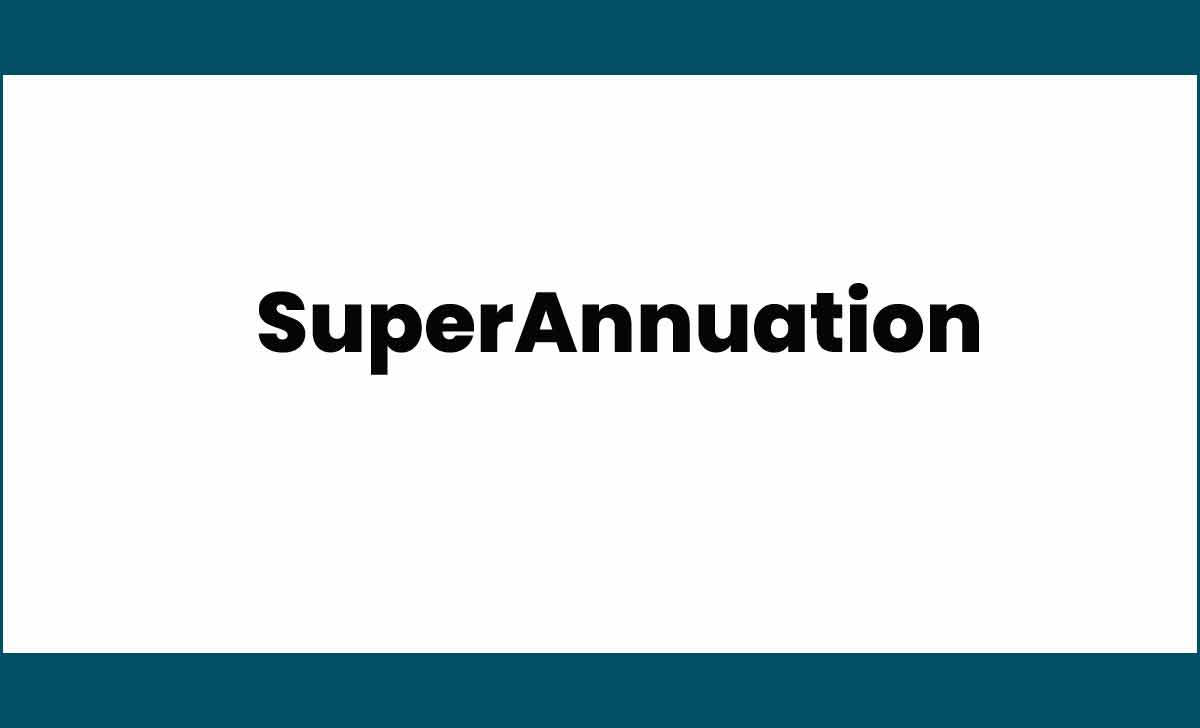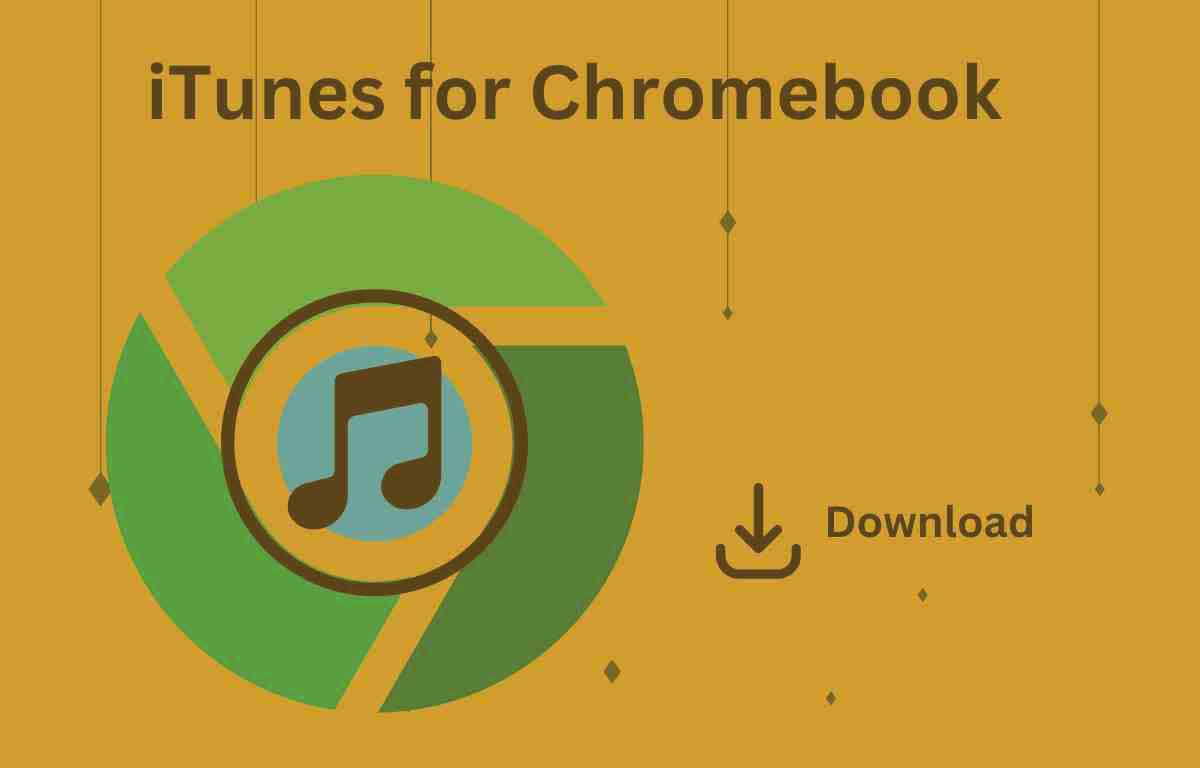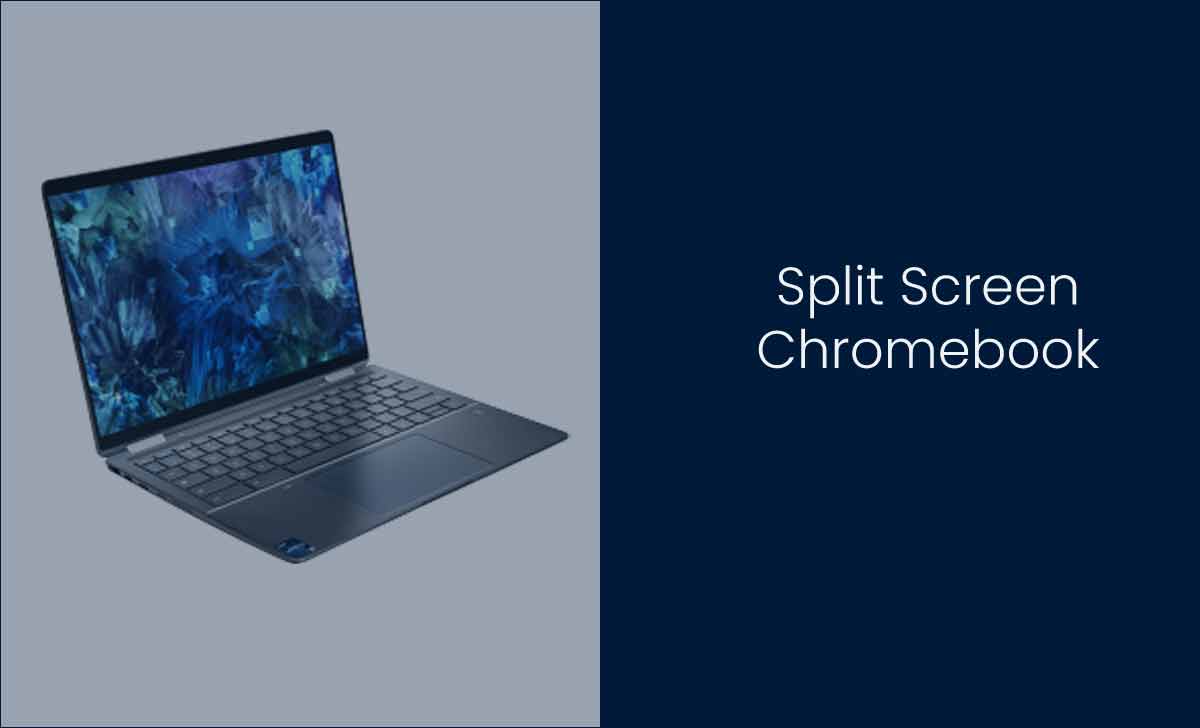Lot of employees across the Australia availing the benefits of Superannuation schemes. Here is complete guide on Superannuation about, How the funds are used and accessible, types of it, rules followed by managing and tracking process of superannuation…
What is Superannuation
Superannuation is an Australian retirement pension program. The concept of superannuation started in late 19th century but has since been adopted by many other countries around the world.
Superannuation is mandatory for all employes. In this program the employes can deposit some amount from their wages which can be used after their retirement. These contributions are typically made at a rate of 9.5% of an employee’s salary, but this rate is set to increase gradually in the coming years.

How the funds are used
The money in the superannuation account can be invested and can grow over time. The government also offer tax concessions on the money in this account.The money contributed by the employes are invested in shares, property, fixed interests.
The returns generated by these funds are used to improve the fund over time. The ultimate goal is to ensure that there is enough money in the fund to provide a comfortable standard of living during retirement.
When the funds are accessible
In Australia, individuals can access their superannuation funds from the age of 55, and there are several different ways in which the money can be withdrawn. Some individuals choose to take a lump sum payment.
While others opt for a regular income stream. There are also options for a combination of both lump sum and regular payments.
Types of superannuation funds
There are also different types of superannuation funds, including industry funds, retail funds, and self-managed superannuation funds (SMSF). Industry funds are typically run by a group of employers in a specific industry, such as construction or healthcare, and are generally considered to have lower fees than retail funds.
Retail funds are run by financial institutions and are open to any individual. SMSF’s are private superannuation funds that are managed by the member or a trustee, usually for the purpose of providing retirement benefits.
Rules to be followed
It’s important to note that there are strict rules and regulations governing superannuation in Australia, including limits on the amount that can be contributed each financial year, and taxes that apply to contributions and withdrawals. The government also sets limits on how much of the fund can be invested in certain types of assets.
How is superannuation taxed?
Generally, contributions to your superannuation are taxed at a lower rate than your income, and investment earnings within the fund are taxed at a lower rate than if you held the assets outside of the fund.
However, when you withdraw your superannuation, it may be subject to tax. The tax rate will depend on your age and the amount you withdraw.
How can I manage my superannuation
You can manage your superannuation by:
- Choosing the right fund for you
- Keeping track of your account balance
- Considering your investment options
- Making extra contributions
- Consolidating your super account
- Reviewing and updating your beneficiaries.
What should I consider when choosing a superannuation fund?
When choosing a superannuation fund, it is important to consider:
- The fees and charges associated with the fund
- The investment options offered by the fund
- The performance of the fund over time
- The level of customer service and support offered by the fund
- The level of insurance coverage offered by the fund
- The fund’s track record of returning money to its members.
How can I keep track of my superannuation
You can keep track of your superannuation by
- Checking your account balance regularly
- Reviewing your investment options and performance
- Keeping track of your contributions and any additional contributions you make
- Checking your beneficiaries and updating them if necessary
- Reviewing your insurance coverage and making sure it is adequate
- Keeping track of any changes in government regulations so that may affect your superannuation.
Can I make contributions to my superannuation if I am self-employed?
Yes, if you are self-employed, you are able to make personal contributions to your superannuation, just like an employee. You can also claim a tax deduction for personal contributions you make to your superannuation up to certain limits.
Are there any government benefits that I can get from my superannuation?
Yes, the government provides a pension to eligible retirees, known as the Age Pension, which is partially funded by superannuation. Eligibility for the Age Pension is based on income and assets test, and your super balance may also be considered in these tests.
Is money for superannuation deducted from salary?
Yes, for most of the companies the money deduct from the wages.
Do I get any interest benefits in superannuation?
Yes, the money in the superannuation account is invested in fixed rate interests over the time and also there will be tax benefits.
Can the amount in superannuation be doubled in 10 years?
The amount in the superannuation account is doubled for the period over 10 to 15 years.
What if a person dies?
If a person dies their nominees will get the amount.
Will all the employes get superannuation?
Yes, all the employes get superannuation irrespective whether he/she is part time or full time






